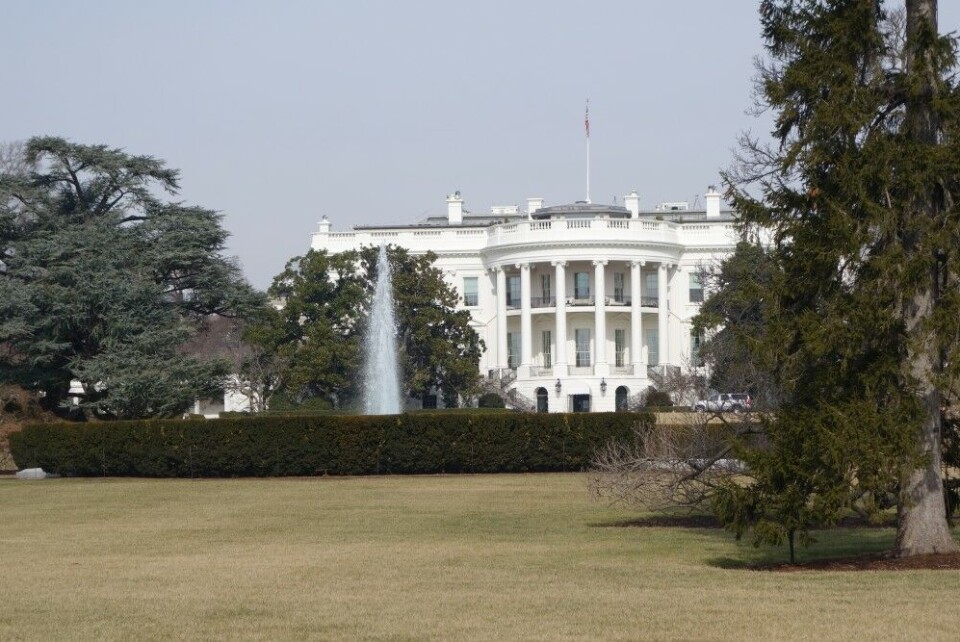
Arctic security, climate and resources in focus at U.S.-Nordic Leaders’ Summit
Relations with Russia was main focus, but meeting in the White House on Friday, the leaders agreed to strengthen work on the environmental challenges facing the Arctic.
Soft security and the rapidly changing global attention to the Arctic characterized the Summits’ discussions on joint collaboration in the north. It was, however, the strong wordings on military developments in Russia that made most headlines in international media after Friday’s Summit.
In the joint statement, the leaders take a strong stand against Russia’s “illegal occupation and attempted annexation of Crimea, … its aggression in Donbas, and its attempts to destabilize Ukraine.”
The meeting gave no hope of any soon-to-come lifting of the current sanctions against Russia. “Our Crimea-related sanctions are also to remain in force until Russia returns this territory to Ukrainian control,” the statement reads.
“We have seen a major shift in the security situation in Europe. Russia’s violations of international law are cause of great concern,” Prime Minister Erna Solberg said in her White House speech.
Russia no direct military threat to Norway
The joint statement was released after the Summit where President Barack Obama welcomed leaders from Norway, Sweden, Finland, Denmark and Iceland to the White House on Friday.
Norway’s Prime Minister, Erna Solberg, told reporters that Norway will continue to invest in security.
Pointing to Russia’s increased military build-ups near Nordic countries, Solberg said “We don’t believe they are a threat to us directly. But what we know is if something happens in the world, the north is a strategically important area.”
Norway borders Russia’s Kola Peninsula in the north where the Northern fleet are based with its ballistic missile submarines.
Undeclared exercises of concern
“The United States and the Nordic countries are concerned by Russia’s growing military presence in the Baltic Sea region, its nuclear posturing, its undeclared exercises, and the provocative actions taken by Russian aircraft and naval vessels,” the statement says and calls on Russia to ensure that its military manoeuvres and exercises are in full compliance with its international obligations and commitments to security and stability.
Arctic
In the Arctic, Russia is an important partner for the United States and the Nordic countries.
“The Arctic is characterized by close cooperation on a broad range of issues between the United States and the Nordic Countries, together with our Arctic partners Canada and Russia.”
Future industrial developments in the Arctic region are, however, not to be put on ice. Petroleum development can take place, but its potential is well described in a reassuring vocabulary:
“We will work towards the highest global standards, best international practice, and a precautionary approach, when considering new and existing commercial activities in the Arctic, including oil and gas operations.”
Climate change
The statement further says it will be at the heart of efforts to keep the Arctic a zone of peace and stability where safeguarding the environment is a key for sustainable developments for all inhabitants, including indigenous peoples.
Managing the Arctic will balance conservation with sustainable use. But most important, the leaders agree to pursuit international climate change goals.
















